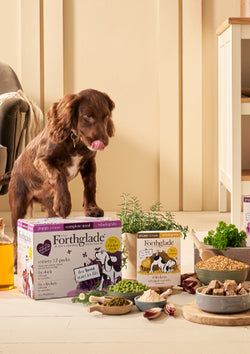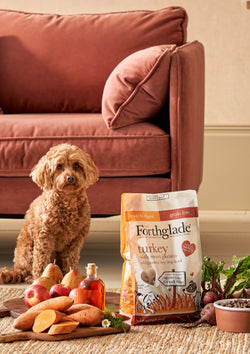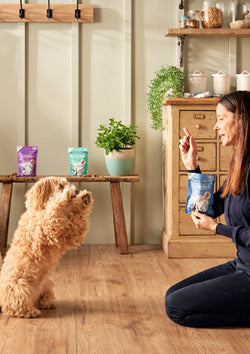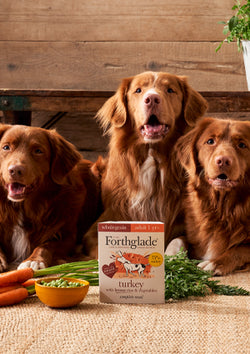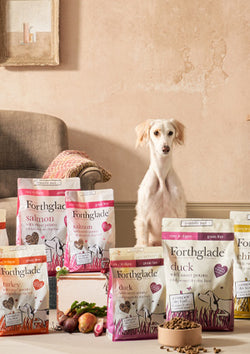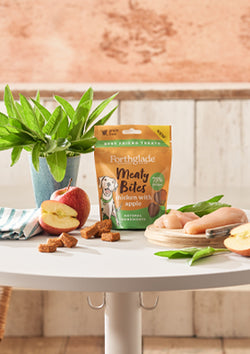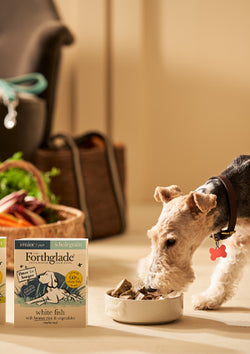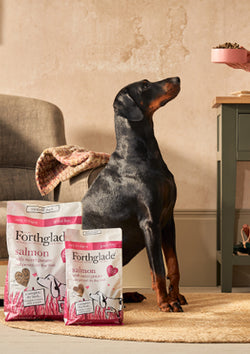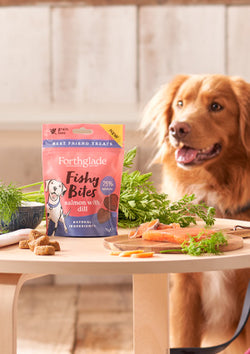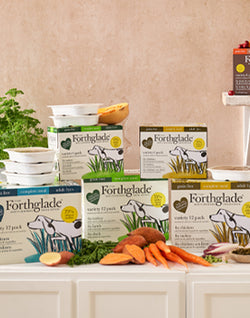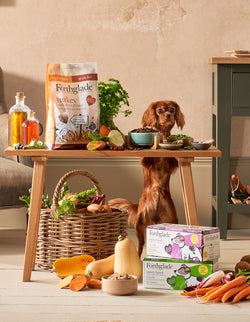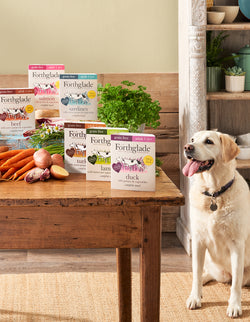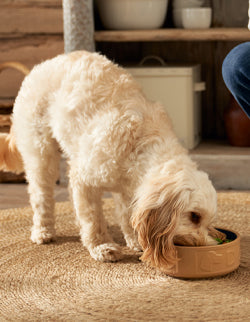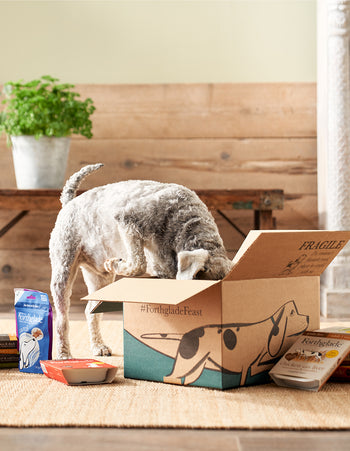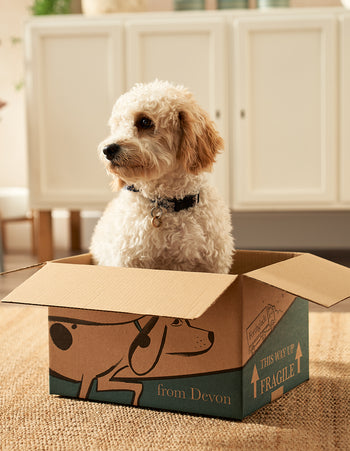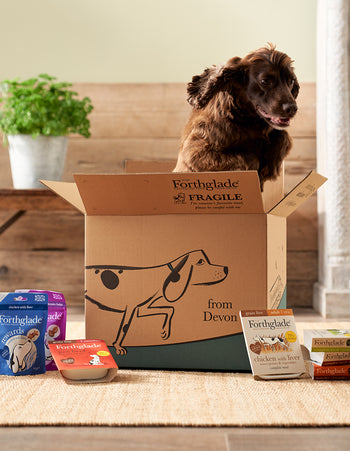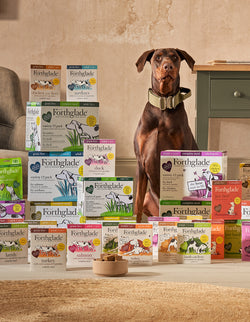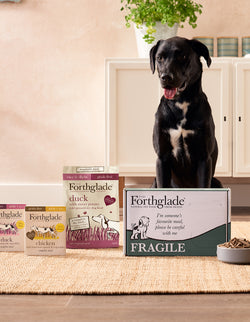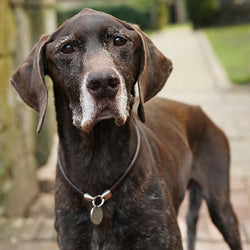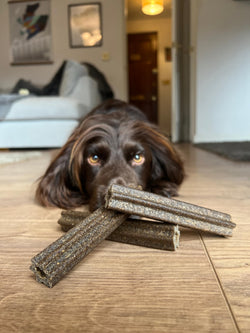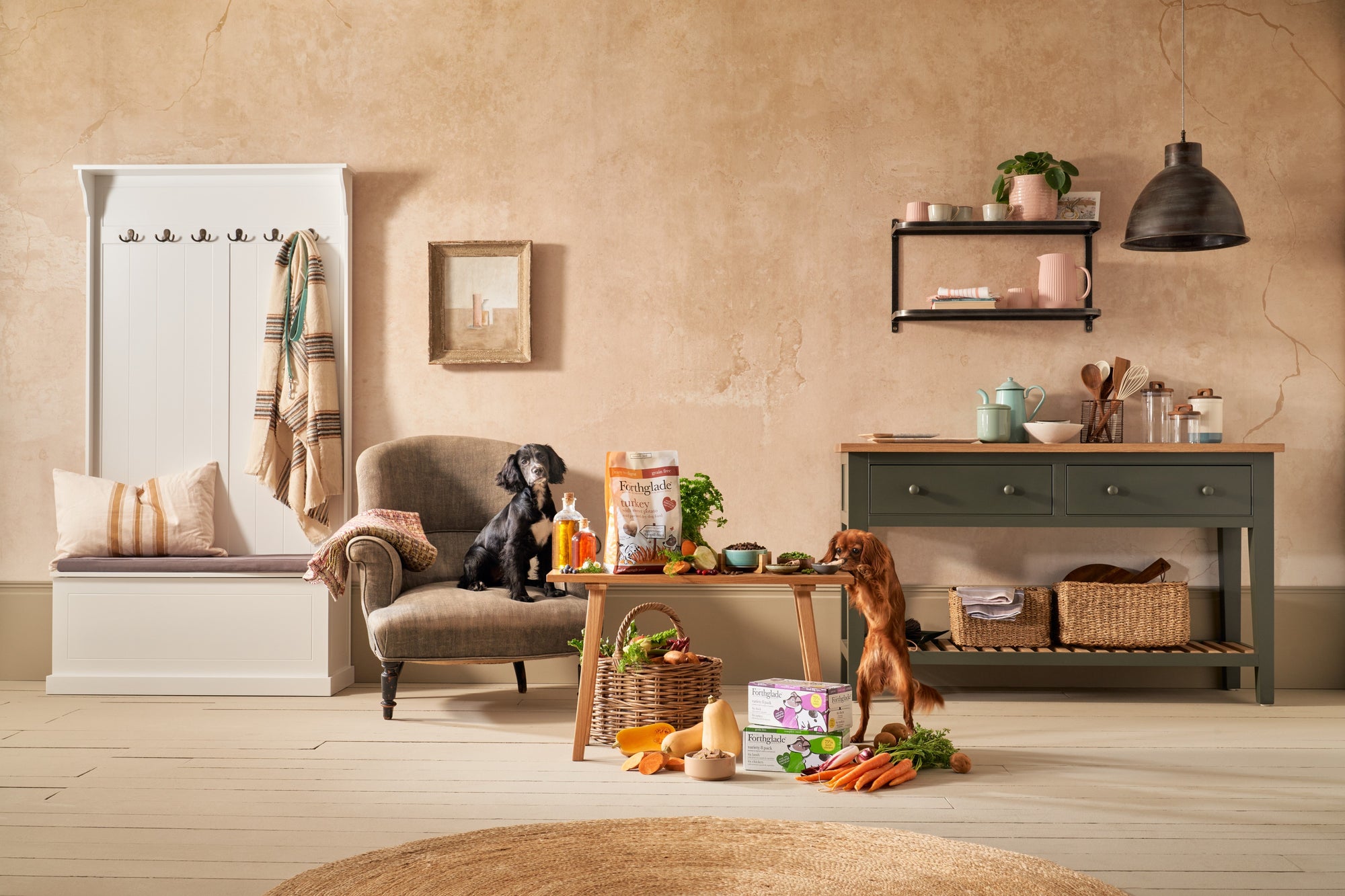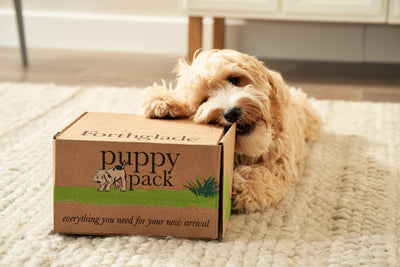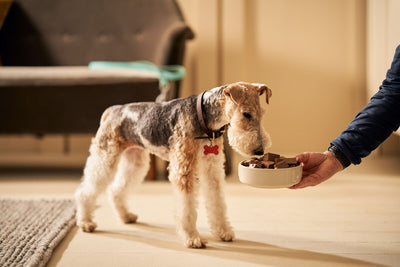
It’s critical to remember a dog’s life cycle runs much quicker than a human's, so while you may still feel happy going for multi-mile walks or playing rough, your dog might have moved past this phase.
It comes after research of 2,000 UK dog owners, found 43 per cent believe you can’t teach an old dog new tricks but 93 per cent recognise the importance of keeping an old dog mentally stimulated, to keep their brain active.
Caroline Wilkinson said: “It’s absolutely possible to teach an old dog new tricks, in fact, it’s a great way to keep them mentally stimulated in later life and reduce cognitive decline. Learning new skills is a brilliant way to keep your senior dog active, as well as continuing to build your bond together. We know that half the time spent on mental activity is just as stimulating for your dog as double the time on physical activity, and so this is a really easy way to keep their life enriched and happy as they get older.”
Over half of dog owners (51 per cent) cited that they had stopped all behavioural training by the time their dog would be considered senior (7 – 10 years old). But Caroline Wilkinson reminds owners not to underestimate the importance of keeping older dog’s brains engaged. “Scent work is a great way of keeping your older dog stimulated, as its low impact but allows your dog to use their brain, get feel-good endorphins from sniffing and discover things, so they’re enjoying ‘success moments’ that they might have previously got from other activities.”
Nearly nine in ten (89 per cent) of respondents cherish the time they spend with their four-legged friend; listing playing games, taking their dog to their favourite walk spots and treating their pup to their favourite foods as the top ways they spend ‘quality time’ with their dog.
When it comes to exercise, a quarter of dog owners believe senior dogs should be walked for 30 minutes daily. But Caroline Wilkinson says there are no hard and fast rules in terms of how long a dog can be exercised, as it depends on the breed and its overall condition, something a vet can offer individual guidance on.
Dr James comments; “As a dog ages, it’s important to keep them moving, but be sure to keep it within their own individual capabilities. If stiff joints or mobility problems do start to become an issue, speaking to a vet should always be the first step, as lots can be done to keep older dogs mobile”.
The research also found that 37 per cent of dog owners feel unsure if they should change their dog’s diet as it ages. Caroline Wilkinson said: “When keeping an older dog healthy, a good diet should be top of the list. Like us humans, not only does a nutritious diet boost a dog’s long-term health physically, but it also affects how they are feeling - a healthy diet helps with everything from energy to play, good behaviour, right through to improving sleep.”
Dr James continues; ‘“It’s really important to think about what our dogs need at every single step of their life. When they reach about 7 years old, it’s a good idea to change them to a diet that’s natural and complete, that is lower in fat, calories and with the right balance of vitamins and minerals.”
The new research follows the launch of our new meals for senior dogs that are tailored to support their needs. Our Devon-made recipes include 60% meats or fish (lamb, turkey, white fish) to offer a lighter fat recipe, plus vitamins, minerals and botanicals to keep senior dogs fitter for longer; Omega 3 to help maintain brain function and healthy joints, higher levels of glucosamine and chondroitin which can help support joint and bone health and chicory root extract, a prebiotic that helps older dogs maintain a healthy digestion. The range includes grain free and wholegrain recipes, all free from junk or fillers.

We caught up with Caroline Wilkinson's to get the dos and don'ts for caring for a senior dog:
DO: Keep an eye out for any changes to your dog both physically but also mentally and keep a close eye on anything that differs from the norm.
DON’T: Put your own agenda and lifestyle before the dog, ensuring their walks are tailored to their age and try and minimise drastic changes to their lifestyle or routines.
DO: Engage your dog’s brain with simple training exercises, which can help to tire them out both physically and mentally and they enjoy it! Check out Caroline's top 3 training exercises here!
DON’T: Don’t dismiss an older dog and presume they don’t want to still be active, there is a temptation to think once an old dog gets a condition, we can’t do anything with them anymore.
DO: Make a ‘bucket list’ for your dog, think about the things they really love doing, and that you’d love doing with them, like going to the beach, and help them enjoy it in a way that suits their needs.
DON’T: Forget your dog’s physical abilities may be changing. Older dogs may struggle on hardwood floors for example, so putting runners and rugs down will help them with mobility.
DO: Enjoy precious moments and take photos and videos along the way as cherished memories as they age.
Watch our video here to join Dr James Greenwood as he shares top tips on keeping our senior dogs fitter for longer.

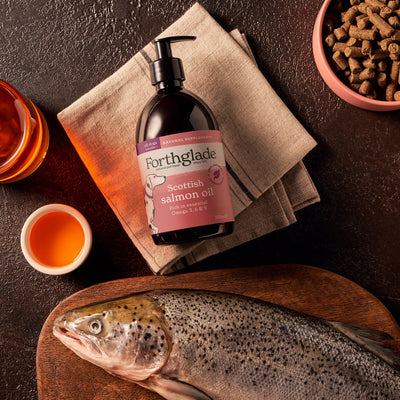


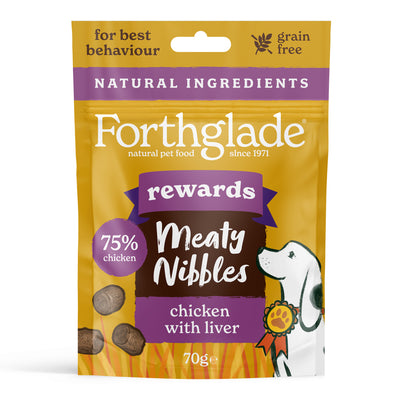
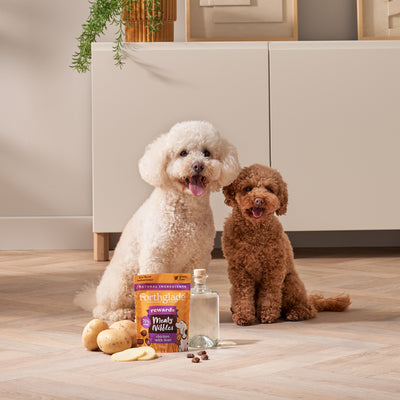






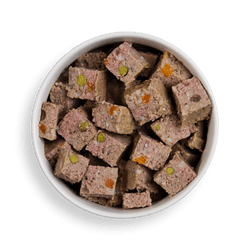

 Over 7,339 5* Reviews
Over 7,339 5* Reviews
 Established since 1971 - Made in Devon!
Established since 1971 - Made in Devon!
